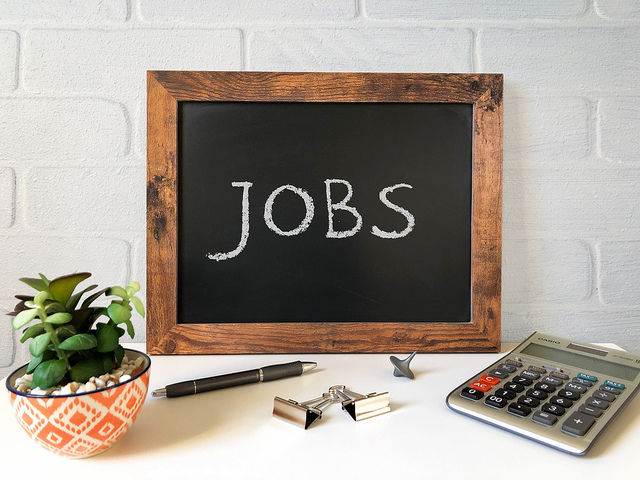
The January 2019 jobs report released by the Department of Labor proves that the economy is strong more than a year after the GOP tax cuts.
304,000 jobs were created in January, meaning a total of 5.3 million jobs have been created since President Trump won election.
Wages are also up with nominal average hourly earnings increasing by 3.2 percent over the past year. This is a welcome development — wages have not grown at 3 percent since 2009.
Labor force participation is also increasing. Under the Obama administration, Labor force participation hit 40 year lows. Under President Trump, this troubling trend is being reversed, with the participation rate currently sitting at 63.2 percent, a more than five year high.
This positive economic news follows the release of the Congressional Budget Office’s Budget and Economic Outlook report for 2019 to 2029, which contained similarly positive news.
The report found real disposable income growth of 2.9 percent in 2018 and 2.7 percent growth in consumer spending. Growth of Real Business Fixed Investment (measured as purchases of equipment, structures and IP) increased by 14.9 percent in 2017 and by 9.6 percent in 2018.
Economic growth is projected to rise by 3.1 percent in 2018, a dramatic departure from the 1.9 percent average annual growth experienced during the Obama years.
Despite this news, Democrats continue to propose tax increases that would stifle economic growth and wages:
- House Democrats have already changed the rules to make it easier to raise taxes on the American people and have rejected a proposal by Ways and Means Ranking Member Kevin Brady (R-Texas) to extend middle class tax relief.
- House Budget Chairman John Yarmuth (D-Ky.) has proposed increasing the corporate income tax rate to 28 percent, or 34 percent after including the average state rate. This is 10 points higher than the 23.7 percent average rate across the 36 developed countries that make up the Organization for Economic Development and Cooperation (OECD) and would make it more difficult for American businesses to compete overseas.
- House Speaker Nancy Pelosi (D-Calif.) has proposed repealing the entire GOP tax cuts which would see 90 percent of wage earners face higher taxes, and a family of four earning $73,000 in annual income seeing a tax increase of roughly $2,000 per year.
- Democrats running for President want to go even further and have proposed dramatic tax increases – Bernie Sanders has called for a death tax of 77 percent while Elizabeth Warren has called for a wealth tax.
While these proposals may play to the far-left base, they would cripple the economy at a time of strong wage growth, job creation, and investment.

